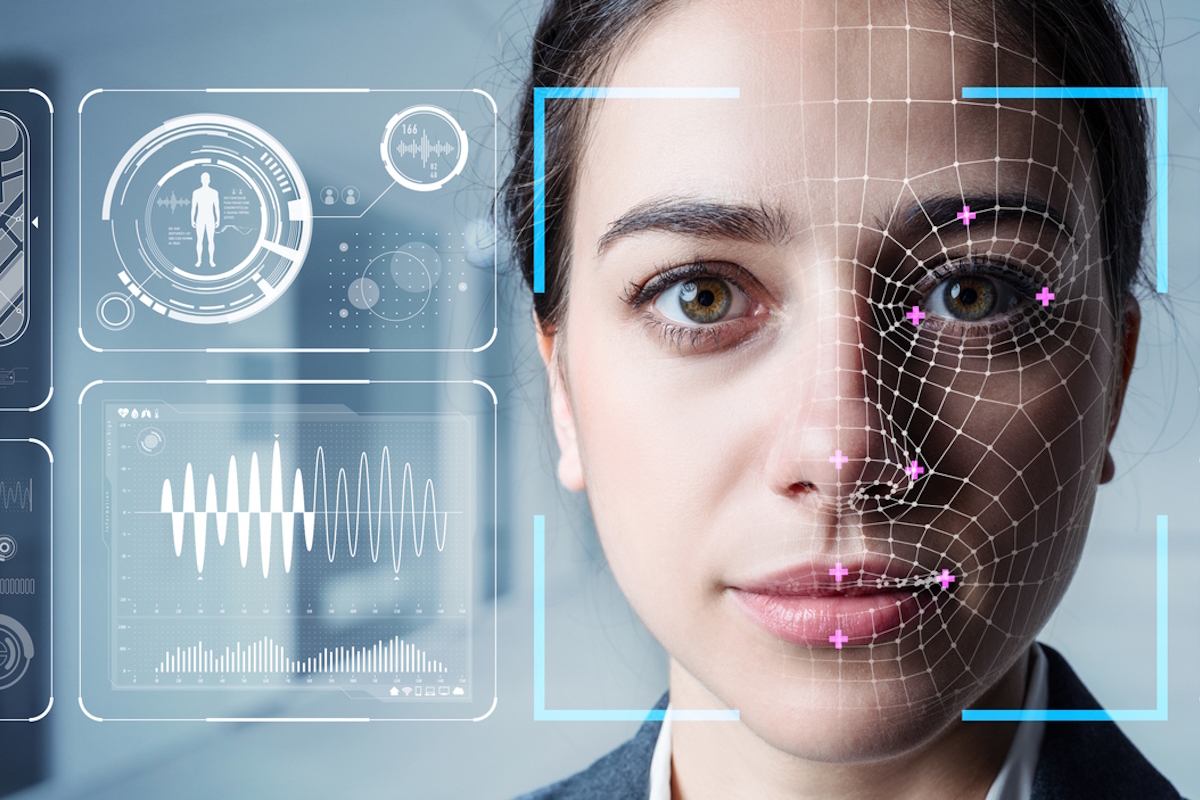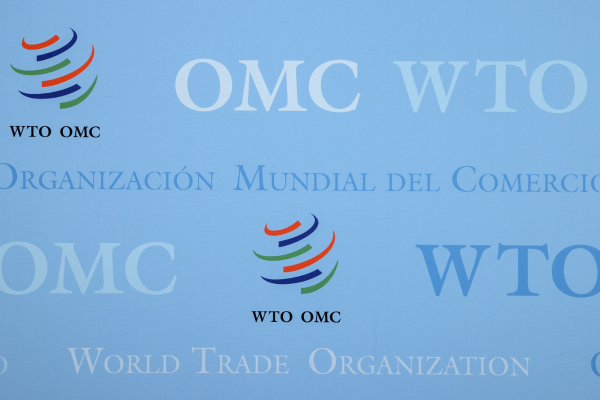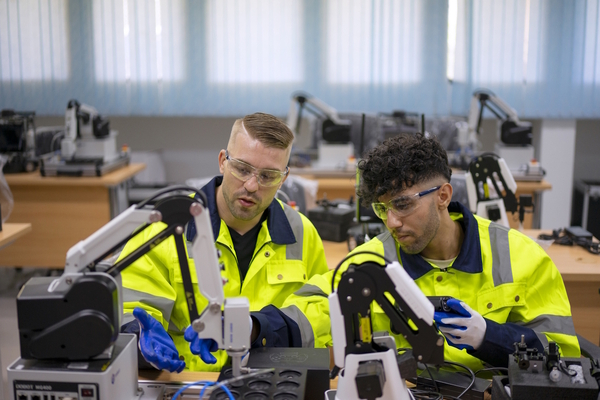Addressing the bias issue in biometrics

Bias in biometric identity systems still exists, but it is manageable, argues Andrew Shikiar at the FIDO Alliance
When you unlock your smartphone, open your bank app, or approve a purchase on your laptop, you are using biometric authentication. It is such an unconscious part of our daily lives that if you blink, you might miss it.
It’s no wonder that biometrics are popular with consumers—they’re convenient and secure. Recent FIDO research found that consumers want to use biometrics to verify themselves online more, especially in sensitive use cases like financial services, where one out of two people said they would use biometric technology (48%). In fact, in the FIDO Aliance’s latest online barometer survey, consumers ranked biometrics as the most secure and preferred way to log in by consumers.
But for consumers, governments and other implementers, there is still a lingering ‘elephant in the room’ that continues to disrupt adoption: bias.
Should we worry about bias in biometrics?
FIDO Alliance’s research, Remote ID Verification – Bringing Confidence to Biometric Systems Consumer Insights 2024, found that consumers are concerned about bias in biometric facial verification systems-- while the majority of consumers (56%) felt confident face biometrics systems could accurately identify individuals, a number still had concerns around discrimination present in some systems.
Concern surrounding the accuracy of biometric systems in processing diverse demographics has been developing in recent years. In the UK in 2021, for example, Uber drivers from diverse ethnic backgrounds took legal action over claims its software had illegally terminated their contracts as its software was unable to recognise them.
While the struggle of Uber drivers is just one example that underscores the issue, this problem is affecting people of colour and other underrepresented demographics more broadly—FIDO’s research found that one in four respondents feel they experience regular discrimination when using automated facial biometric systems (25%).
Feelings of discrimination and bias in facial recognition systems impact the entire user experience and erode faith in the technology overall. Half of British consumers in the survey said they would lose trust in a brand or institution if it were found to have a biassed biometric system, and 22% would stop using the service entirely.
It’s clear why organisations like governments and banks would worry about these hard-hitting reputational and trust risks. Despite biometrics being widely accepted as a more convenient and highly secure technology, the small number of systems that aren’t as accessible are leaving an air of concern that is slowing down more mainstream adoption.
Addressing bias in facial verification
The most important thing to note is that not all biometric systems are created equal. Currently, testing levels are done on a case-by-case basis for each organisation, which is both costly and time-consuming, with varying definitions of what "good" looks like.
Based on proven ISO standards and developed by a diverse, international panel of industry, government, and identity experts, FIDO Alliance’s new Face Verification Certification program brings the industry’s first independent certification to market to build trust around biometric systems’ performance.
The certification assesses a face verification system’s performance across different demographics, including skin tone, age, and gender, in addition to far more wide-reaching security and performance tests.
The intensive security and liveness testing also verify that a provider’s face verification system can accurately confirm identities are real and authenticating in real-time, keeping threats like identity theft and deepfakes at bay. This is especially important for the most common use cases of face verification, like creating secure accounts, authenticating users, recovering accounts, and resetting passwords.
The beauty of independent certification is it sends a clear signal to consumers, potential clients, and auditors that the technology has been independently tested and is ready for both commercial and government use. It’s about building trust and showing that the provider takes security and fairness seriously.
More broadly, certification and independent global testing spark innovation and boost technological adoption. Whether you’re launching an identity verification solution or integrating it into regulations, open standards and certification provide a clear performance benchmark. This streamlines efforts, boosts stakeholder confidence and ultimately enhances the performance of all solutions on the market.
The future of identity
As the way we verify digital identities keeps evolving and demand to prove who we are remotely increases, biometric systems must be independently verified and free from bias. All technologies rolled out to this scale need to be fair and reliable for everyone.
The FIDO Alliance’s program demonstrates solution providers are serious about making sure biometric identity verification technologies are trustworthy, secure, and inclusive for all users. It’s like having a gold star or a seal of approval that says, "Hey, you can trust this system to be fair and safe."
Biometrics for online identity verification is not just a promising concept; it’s rapidly becoming a practical necessity in today’s increasingly digital world. They’re ready for implementation across various industries. With independent certification, organisations can jump over the final hurdle to widespread adoption, empowering a future of more seamless, digital and remote identity.
Andrew Shikiar is the CEO at the FIDO Alliance
Main image courtesy of iStockPhoto.com and metamorworks

Business Reporter Team
Most Viewed
Winston House, 3rd Floor, Units 306-309, 2-4 Dollis Park, London, N3 1HF
23-29 Hendon Lane, London, N3 1RT
020 8349 4363
© 2025, Lyonsdown Limited. Business Reporter® is a registered trademark of Lyonsdown Ltd. VAT registration number: 830519543





